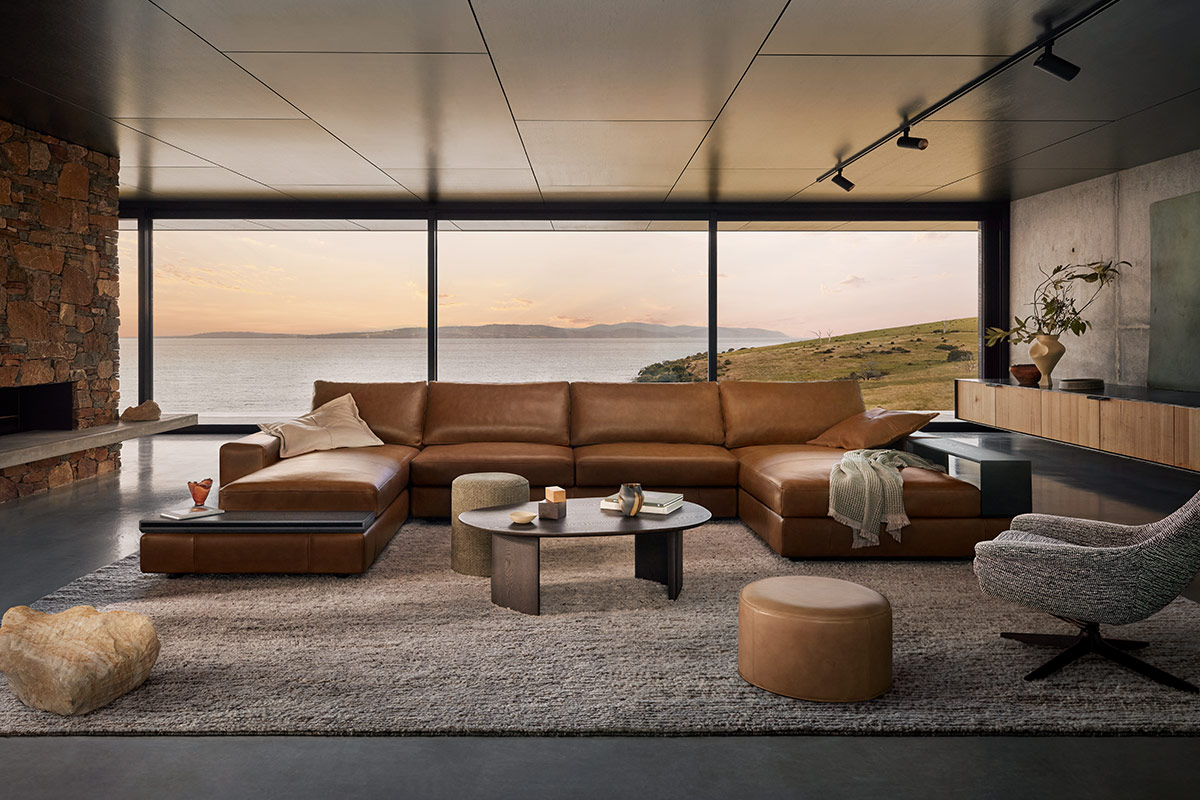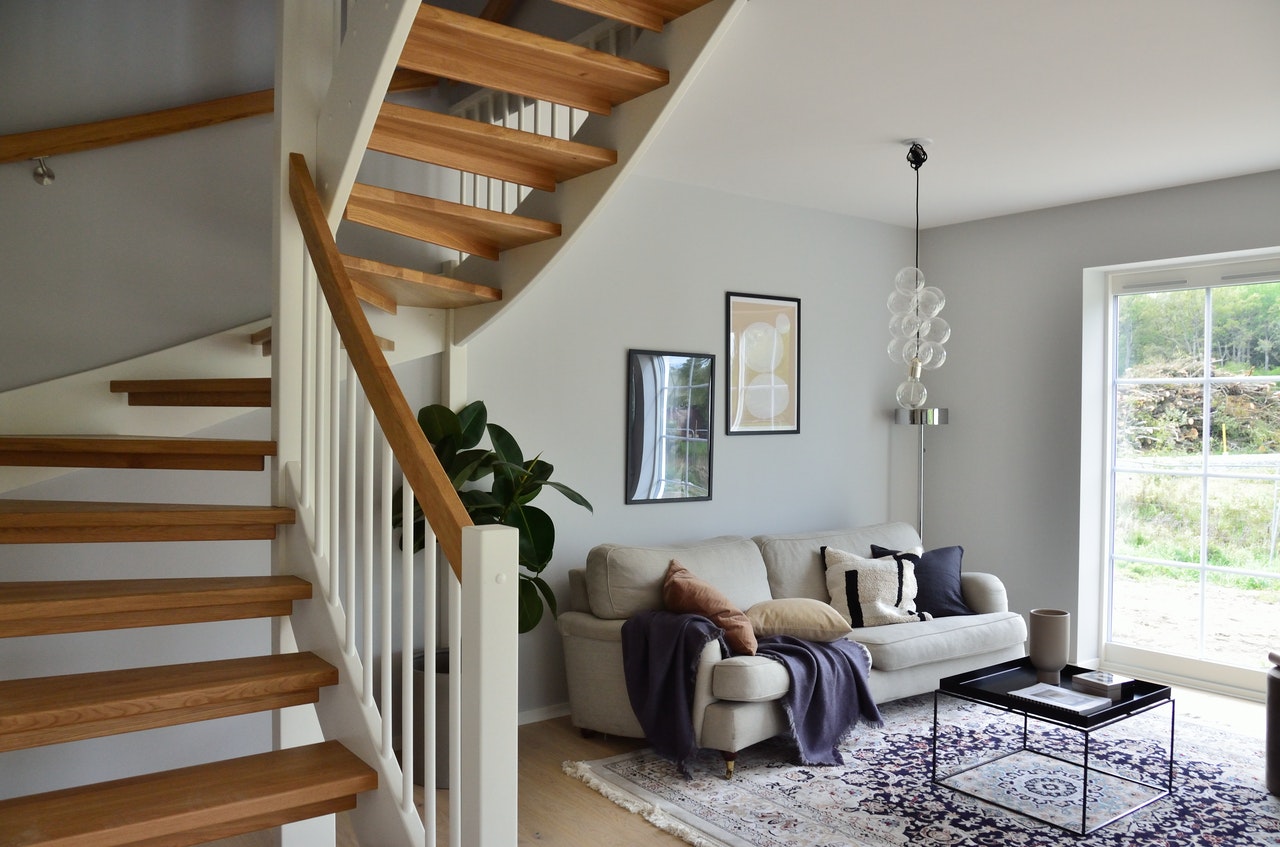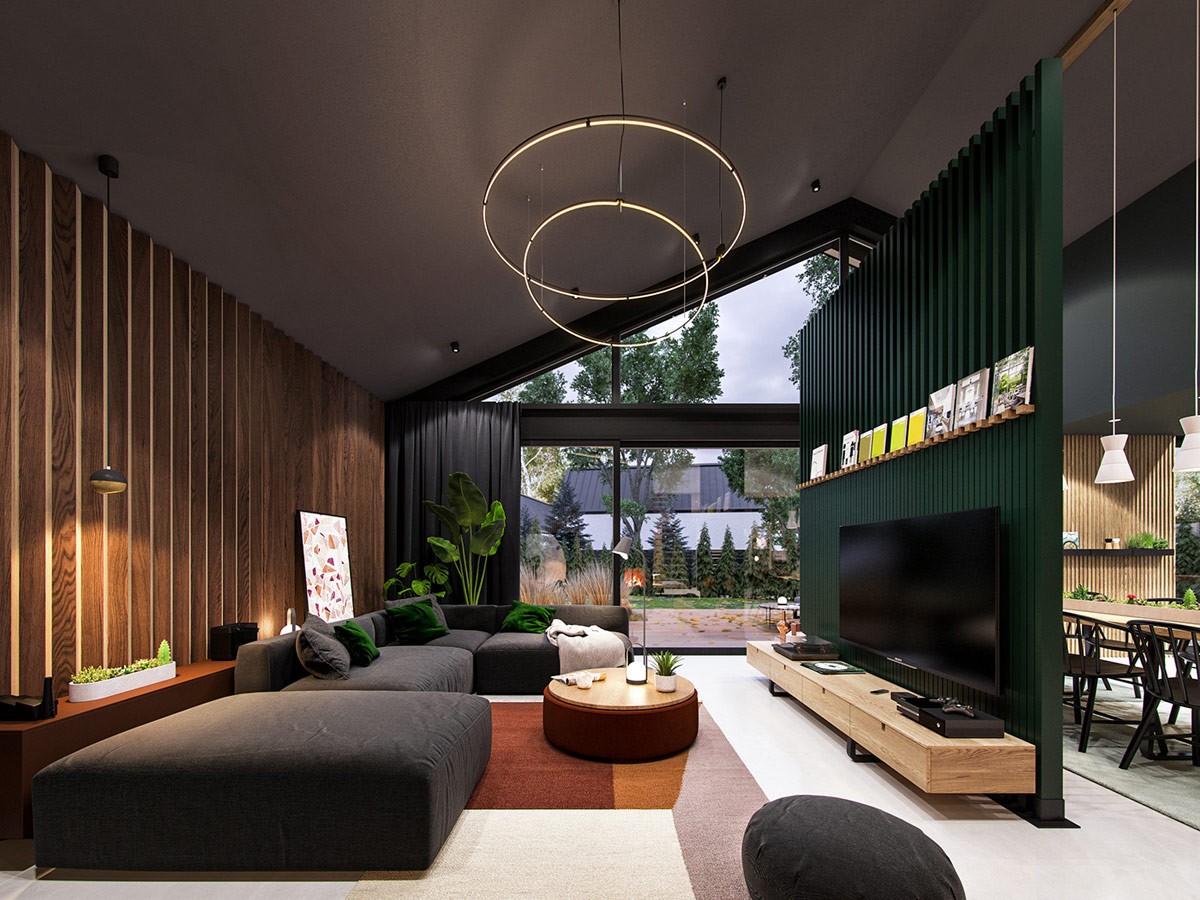
Best Fabric for Sofas That Won’t Irritate Your Eyes
The sofa is an important furniture piece because of its both comfort and aesthetic effects. Many people, however, do not consider an important factor—its effect on the eyes. Some fabrics may irritate due to dust accumulation, some chemical treatments, or allergens. A stylish and durable sofa fabric that is also eye-friendly has been explored in this guide for you.
At Rise and Tread, we understand that choosing the right materials for your interior spaces is very important. Being the best interior design company, we make sure that each element, such as sofa fabrics, is chosen with care to improve comfort and well-being.
Factors That Make a Sofa Fabric Eye-Friendly
As the best fabrics are to be discussed, one must first understand what a fabric is suitable for with regards to those sensitive to dust allergens, or chemical treatments.
Hypoallergenic Properties : Some fabrics resist dust mites and allergens, making them ideal for sensitive individuals.
Breathability : Good air circulation prevents dust and moisture buildup, reducing the chances of irritation.
Low Chemical Treatment : Some fabrics are treated with chemicals that can cause eye discomfort. Natural fabrics tend to have fewer synthetic treatments.
Smooth Texture : Rough or synthetic materials can trigger irritation when fibers become airborne.
Best Fabrics for Sofas That Won’t Irritate Your Eyes
1. Cotton
Cotton is very soft, breathable, and hypoallergenic. It allows for free airflow without allowing dust and allergens to settle. Further, it is easy to maintain, and available in various patterns and colors to suit whatever decor one may have.
Pros:
Soft and comfortable
Hypoallergenic
Breathable and reduces dust buildup
Available in a variety of colors and designs
Cons:
Prone to stains and wrinkles
May wear out faster compared to synthetic blends
2. Linen
Linen is another natural fabric known for its airy and lightweight texture. It does not hold onto dust and pet dander, making it an excellent option for people with allergies and sensitive eyes.
Pros:
Highly breathable and absorbs moisture
Less likely to trap dust and allergens
Gives a sophisticated, relaxed look
Cons:
Wrinkles easily
Requires professional cleaning to maintain its durability
3. Microfiber
Microfiber is a synthetic textile that has the advantage of offering a smooth surface that is nonablative, thereby minimizing irritation of the eyes. Being tightly woven, it repels dust and allergens, so it's very good to replace traditional fabrics with it.
Pros:
Extremely soft and comfortable
Repels dust and allergens
Durable and easy to clean
Resists stains better than natural fabrics
Cons:
May trap heat, making it less breathable than natural fabrics
Can build up static electricity
4. Velvet
Although it seems not like an appropriate option, velvet can protect against floating dust and keep eye irritation minimal as the dust won't get suspended into the air, giving the interior an extraordinary look of lavishness.
Pros:
Soft and plush, offering ultimate comfort
Dust-resistant due to its tight weave
Durable and long-lasting
Cons:
Requires gentle cleaning
Can be expensive compared to other fabrics
5. Leather and Faux Leather
Leather is a good option for people with sensitive eyes. As it is not woven, dust, allergens, and pet dander cannot be caught inside it; hence, easy to maintain.
Pros:
Hypoallergenic and dust-resistant
Easy to clean and maintain
Does not absorb odors
Cons:
Can feel cold in winter and hot in summer
More expensive than fabric options
Requires conditioning to prevent cracking
Fabrics to Avoid If You Have Sensitive Eyes
Some fabrics tend to attract dust, shed fibers, or contain chemical treatments that can irritate the eyes. Here are a few materials to avoid:
Wool : Although warm and cozy, wool can shed fibers that become airborne and irritate sensitive eyes.
Chenille : The raised texture can trap dust and allergens.
Polyester Blends : Some polyester blends release chemicals that may cause discomfort, especially for individuals with allergies.
Tips for Maintaining an Eye-Friendly Sofa Fabric
Choosing the right fabric is just the first step. Here’s how you can keep your sofa clean and free from irritants:
1. Vacuum Regularly : Use a vacuum with a HEPA filter to remove dust and allergens.
2. Use Fabric Protectors : These can help repel dust and stains without affecting the texture.
3. Choose Removable Covers : Washable slipcovers help maintain hygiene and prevent dust buildup.
4. Keep Humidity in Check : Using a dehumidifier can help reduce mold and dust mites.
5. Avoid Strong Chemical Cleaners : Opt for mild or organic fabric cleaners to prevent eye irritation.
Why Choose Rise and Tread for Interior Design?
For the selection of the finest sofa fabric and designing your dream home, the only best company for interior design services is Rise and Tread. We curate the finest materials with years of expertise, enhancing aesthetics as well as wellness. Our designs ensure that your interiors are not only stylish but also promote a healthy and irritation-free environment.
Conclusion
The best fabric for your sofa will provide comfort but prevent eye irritation. For dust, allergens, and chemical sensitivity, one can consider the following materials: cotton, linen, microfiber, velvet, and leather. This will provide you with the opportunity to maintain a stylish living space that does not cause any irritation to the eyes. The best sofa fabric is that which offers breathability, softness, or easy maintenance.
Here, at Rise and Tread, we do more than just space designing; we offer comfortable, elegant, irritation-free interiors based on your requirements. Let your sofa be the resting place for relaxation, not irritation!







